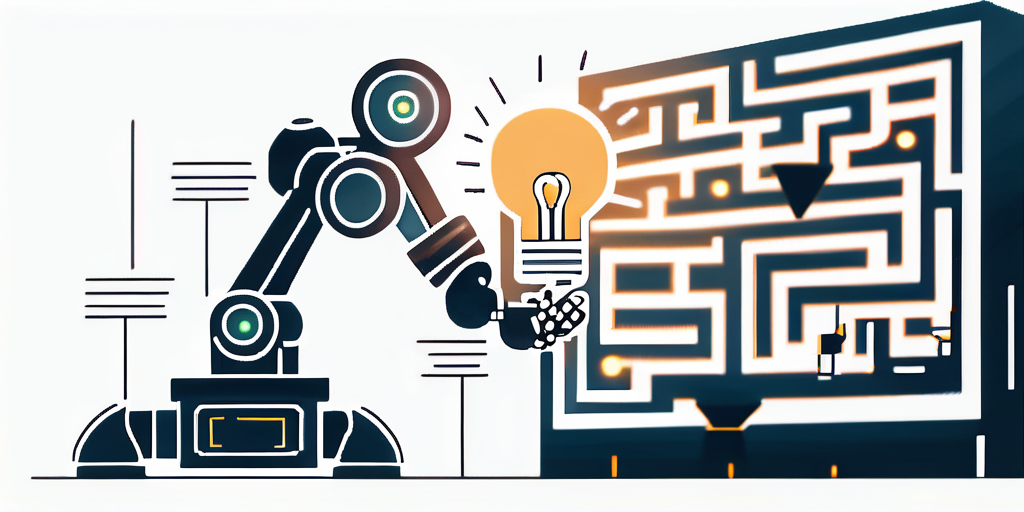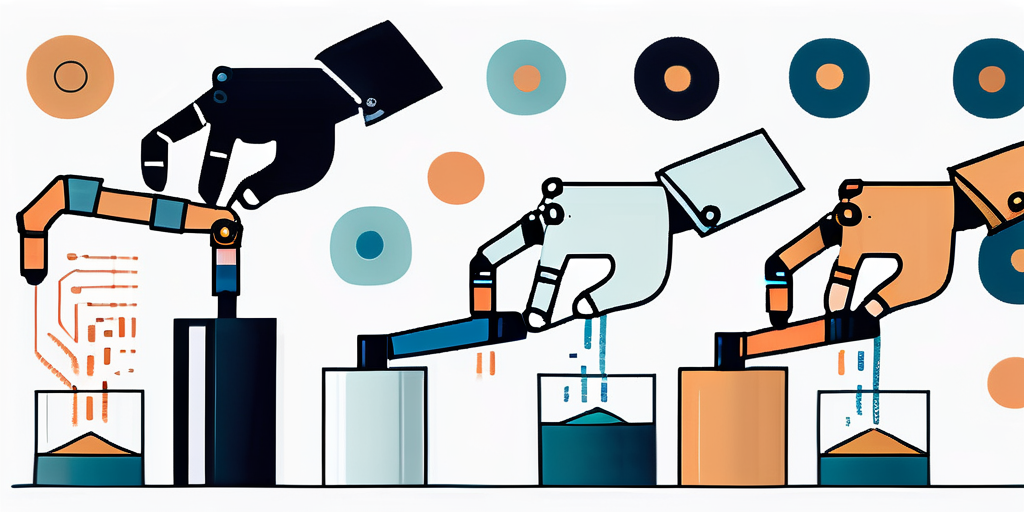The use of artificial intelligence (AI) in recruitment has revolutionized the hiring process, providing both opportunities and ethical challenges. Let’s explore how AI is changing the recruitment landscape and how companies can navigate these changes while remaining ethically responsible.
Benefits of Using AI in the Hiring Process
AI-powered tools and algorithms have significantly improved the efficiency and effectiveness of the hiring process. One of the key advantages is the ability to analyze large volumes of data quickly and accurately. This enables recruiters to identify qualified candidates from a vast pool, saving time and resources.

Additionally, AI can eliminate bias in the recruitment process by focusing solely on objective criteria such as skills, qualifications, and experience. By removing human biases, companies can ensure a fair and inclusive hiring process, leading to more diverse teams.
Moreover, AI in the hiring process can also enhance the candidate experience. Through the use of chatbots and automated communication, applicants can receive instant feedback on their application status and engage in real-time conversations with the hiring team. This streamlined communication not only provides a positive experience for candidates but also reflects well on the employer, showcasing a tech-savvy and efficient recruitment process.
Furthermore, AI tools can help recruiters make data-driven decisions by providing insights into market trends, salary benchmarks, and candidate availability. By leveraging this information, hiring managers can tailor their recruitment strategies to attract top talent and stay ahead of the competition. This data-driven approach not only improves the quality of hires but also enhances the overall recruitment process, making it more strategic and impactful.
Ethical Considerations in AI Recruitment
While AI brings immense benefits, it also raises important ethical considerations. One major concern is the potential for algorithmic bias. If the AI tools are trained on biased data or programmed with biased instructions, the hiring process can perpetuate discrimination and inequality. To mitigate this risk, it is crucial to regularly evaluate and refine AI algorithms to ensure fairness and transparency.

Another ethical consideration is privacy. AI tools often rely on analyzing personal data, such as resumes, social media profiles, and online behavior. Companies must be transparent in how they collect, store, and use this data, ensuring compliance with privacy regulations and obtaining informed consent from candidates.
Furthermore, the use of AI in recruitment processes can also impact diversity and inclusion efforts within organizations. While AI can help streamline the hiring process and identify top talent efficiently, there is a risk that it may inadvertently exclude certain groups if not carefully designed. It is essential for companies to proactively address this issue by incorporating diversity metrics into their AI systems and regularly auditing the outcomes to ensure equal opportunities for all candidates.
Moreover, the reliance on AI in recruitment raises questions about the human touch in the hiring process. While AI algorithms can analyze vast amounts of data quickly, they may lack the empathy and intuition that human recruiters bring to the table. Companies need to strike a balance between automation and human involvement to ensure a personalized and respectful candidate experience.
Implementing AI Tools in Recruitment Strategies
When implementing AI tools in recruitment strategies, companies should focus on striking a balance between automation and human interaction. While AI can streamline the process, it is essential to maintain a personal touch. Candidate experience should not be compromised by excessive reliance on technology.
Furthermore, it is critical to train HR professionals and hiring managers on using AI tools effectively. Understanding the limitations and capabilities of the technology will ensure its optimal utilization and prevent any unintended consequences.
One key benefit of incorporating AI tools in recruitment is the ability to analyze vast amounts of data quickly. AI algorithms can sift through resumes, identify top candidates, and even predict candidate success based on historical data. This data-driven approach can significantly improve the efficiency and accuracy of the recruitment process, saving time and resources for the company.
Moreover, AI tools can help mitigate unconscious bias in the hiring process. By removing human subjectivity from initial resume screening, AI can focus solely on qualifications and skills, promoting a more diverse and inclusive workforce. However, it is crucial to continuously monitor and adjust these tools to ensure they are not inadvertently perpetuating bias or discrimination.
Overcoming Bias in AI Recruitment
To overcome bias in AI recruitment, companies need to adopt a multi-pronged approach. Firstly, the data used to train AI algorithms should be diverse and representative. This means actively sourcing data from various demographics and backgrounds.
Secondly, regular auditing of AI tools is necessary to detect and correct any biases that may arise in the recruitment process. This includes analyzing the outcomes to identify any disparities based on protected characteristics and addressing them promptly.
Furthermore, it is crucial for companies to invest in ongoing training for their AI recruitment teams. This training should focus on understanding how biases can manifest in AI algorithms and how to mitigate them effectively. By empowering employees with the knowledge and skills to recognize and address bias, companies can create a more inclusive recruitment process.
Additionally, transparency in AI recruitment processes is essential for building trust with candidates. Companies should clearly communicate how AI is being used in the recruitment process, what data is being collected, and how decisions are being made. This transparency not only helps to mitigate concerns about bias but also demonstrates a commitment to fairness and equality in recruitment practices.
Enhancing Candidate Experience with AI
A key aspect of successful recruitment is providing candidates with a positive experience. AI can play a vital role in enhancing candidate experience by streamlining the application process and providing timely feedback.
Virtual assistants and chatbots powered by AI can engage with candidates, answer their queries, and provide updates, even outside traditional working hours. This automated communication ensures candidates feel valued and well-informed throughout the process.
Moreover, AI can significantly improve the personalization of the recruitment process. By analyzing candidate data and interactions, AI algorithms can tailor job recommendations and communication styles to match individual preferences. This level of customization not only enhances the candidate experience but also increases the likelihood of finding the right fit for both the candidate and the company.
Additionally, AI can revolutionize the candidate screening process by efficiently analyzing resumes and identifying top candidates based on predefined criteria. This not only saves time for recruiters but also ensures a fair and unbiased selection process by focusing solely on qualifications and skills.
In conclusion, AI in recruitment offers tremendous opportunities for improving efficiency and eliminating bias. However, it comes with ethical challenges that must be addressed. Companies should carefully implement and continuously evaluate AI tools to ensure fairness, transparency, and an enhanced candidate experience. By navigating these opportunities and ethical challenges effectively, organizations can unlock the full potential of AI in recruitment.

